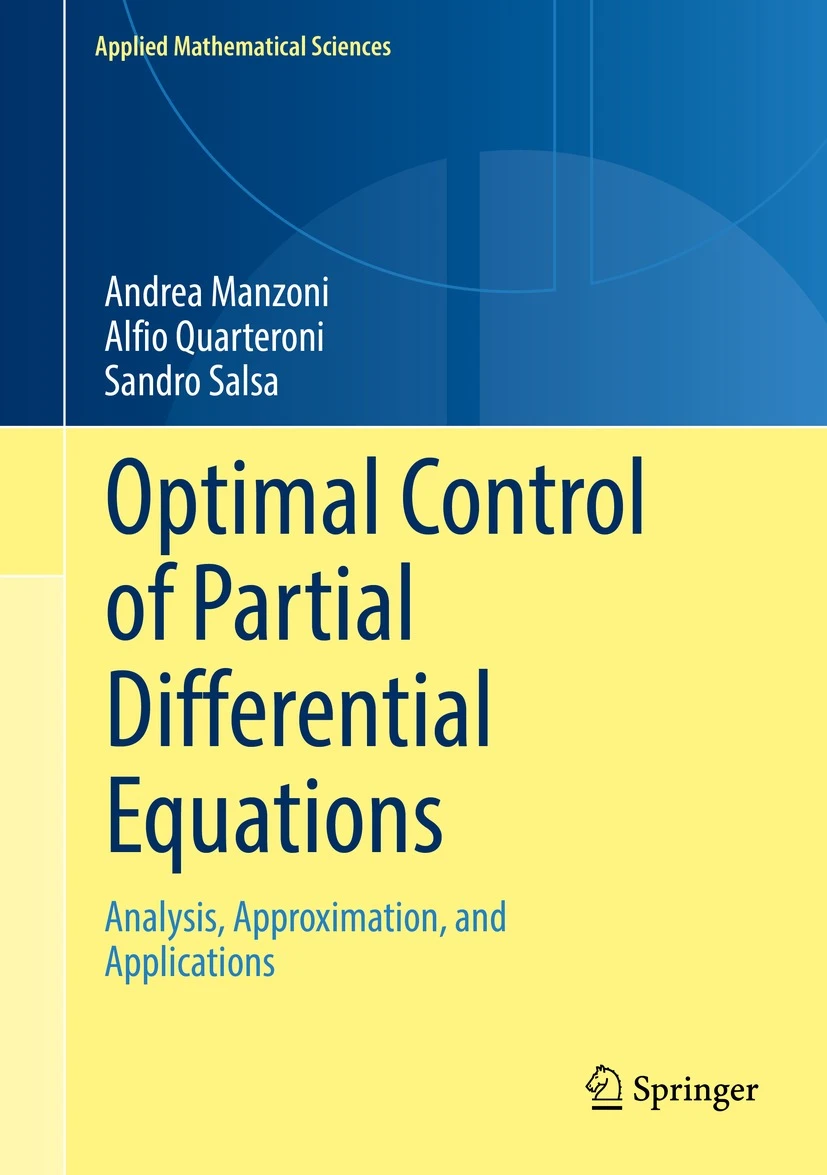-20%
Optimal Control of Partial Differential Equations
Price range: ₹6,078.00 through ₹8,580.00
This is a book on optimal control problems (OCPs) for partial differential equations (PDEs) that evolved from a series of courses taught by the authors in the last few years at Politecnico di Milano, both at the undergraduate and graduate levels.
-20%
Optimal Control of Partial Differential Equations
Price range: ₹6,078.00 through ₹8,580.00
This is a book on optimal control problems (OCPs) for partial differential equations (PDEs) that evolved from a series of courses taught by the authors in the last few years at Politecnico di Milano, both at the undergraduate and graduate levels.
-20%
Reduced Basis Methods for Partial Differential Equations
Original price was: ₹5,511.00.₹4,410.00Current price is: ₹4,410.00.
This book provides a basic introduction to reduced basis (RB) methods for problems involving the repeated solution of partial differential equations (PDEs) arising from engineering and applied sciences, such as PDEs depending on several parameters and PDE-constrained optimization.
-20%
Reduced Basis Methods for Partial Differential Equations
Original price was: ₹5,511.00.₹4,410.00Current price is: ₹4,410.00.
This book provides a basic introduction to reduced basis (RB) methods for problems involving the repeated solution of partial differential equations (PDEs) arising from engineering and applied sciences, such as PDEs depending on several parameters and PDE-constrained optimization.


